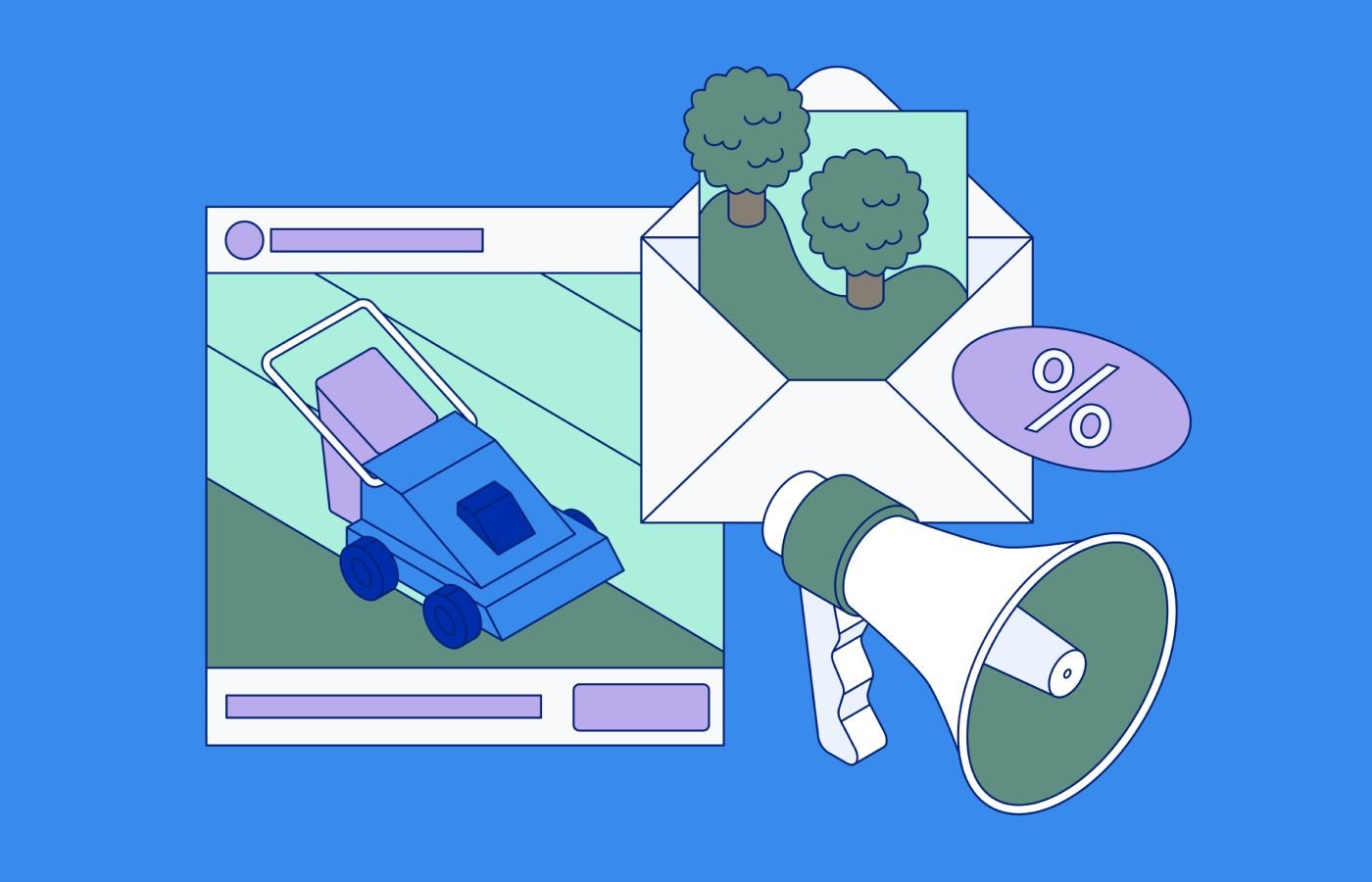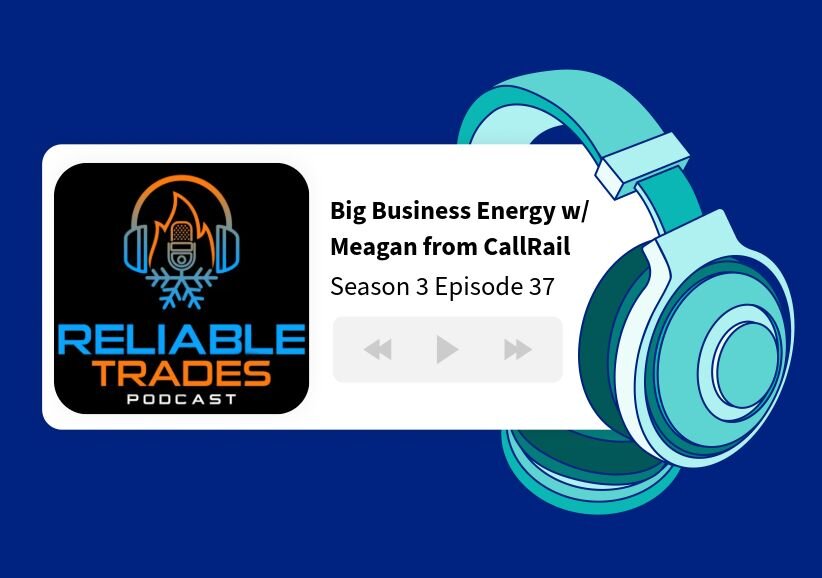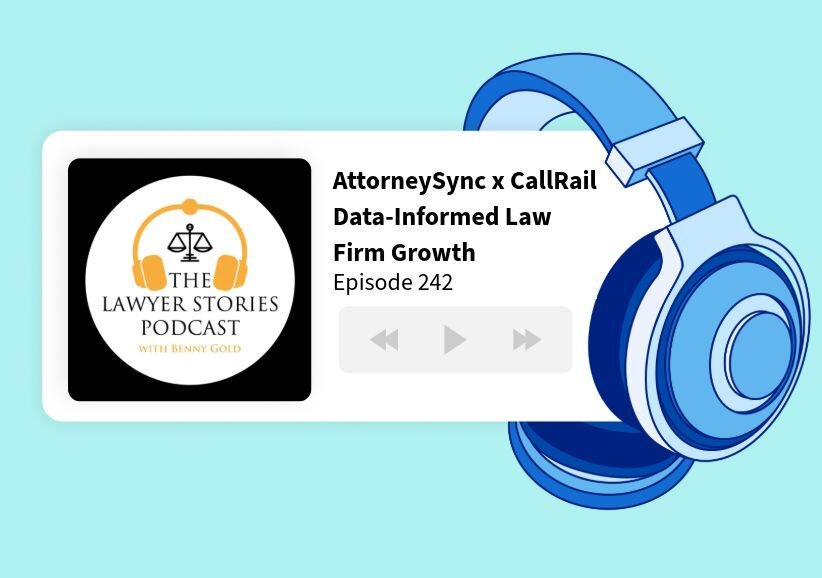For landscapers today, it's not enough to be a master at crafting breathtaking outdoor spaces. To grow your landscaping business, you must take on another role — becoming a master of marketing.
This comprehensive guide will serve as your roadmap, lighting the path to traditional and digital marketing strategies that can grow your landscaping business to new heights.
Key Takeaways
- Marketing is essential for growing a landscaping business; it involves communicating your unique services to potential customers.
- Traditional and digital strategies, such as word-of-mouth, print marketing, SEO, and social media, are effective marketing tools for landscapers.
- Customer retention strategies and customer reviews/testimonials build trust and help bring in repeat business.
Demystifying Marketing
Before we plunge into the techniques, let's unravel what marketing is. At its heart, marketing is communicating the value of your landscaping services to your potential customers. It's about spotlighting what makes your services unique and different from the swarm of competitors. Effective marketing strategies can take your landscaping business from under-the-radar to a household name — the go-to choice for potential customers.
Traditional Marketing Techniques for Landscaping Businesses
While they might have an old-school charm, traditional (as opposed to digital) marketing strategies are powerful tools. Let's delve deeper into how you can wield these tools effectively:
Word of Mouth
The most powerful local marketing tool for landscaping companies is word-of-mouth marketing. When customers are pleased with your service, they’ll recommend you to their friends, family, or neighbors.
Imagine a local landscaper who goes above and beyond to provide exceptional service to his customers. His dedication earns him a contract revamping a community park. The park then becomes a showcase of his hard work and skill — and the thousands of people who visit the park each month will see his business’s name engraved on a plaque at each entrance.
Print Marketing
The power of printed materials like flyers, postcards, and local newspaper ads should be considered. They can help you reach a wider audience and garner attention. Print marketing mainly involves placing ads in a local newspaper or magazine. Good choices for your ads might be magazines dedicated to homes and gardens or real estate sales.
Direct Mail
As the name suggests, direct mail marketing is when a business sends mailers or postcards to prospective customers. You could leverage the network you’ve already built from existing customers, sending promotions to start new services or remind customers to renew or update their landscaping services with the changing seasons.
To acquire new audiences for mailing, it’s easy to find services that provide lists for direct mail campaigns. A Google search for “direct mail lists” will come up with a dozen reputable providers of mailing lists.
Networking
Participating in community events, garden shows, and homeowner association meetings can significantly boost your visibility. Set up a unique exhibit showcasing your portfolio and try offering on-the-spot consultations. This proactive and engaged approach could win you lucrative contracts.
Crafting Your Unique Selling Proposition
One of the most crucial aspects of marketing is understanding what sets your business apart. Your Unique Selling Proposition (USP) differentiates you from your competitors. It's the reason customers should choose your services over others. Your USP could be anything from a unique design style and use of environmentally friendly materials to unmatched customer service. For instance, a natural landscaping business might build its USP around a promise to use only sustainable, locally sourced plants and materials. This type of USP could resonate with eco-conscious customers — winning you more jobs with this segment of the community.
Digital Marketing for Landscaping Businesses
In the internet era, having an online presence isn't just a bonus — it's a necessity. Here's how digital marketing can give your business a leg up.
Professional Website
A website isn't just a luxury anymore — it's a necessity. Your website is most often the first impression potential customers have of your business. Just as a well-manicured lawn or a perfectly pruned tree speaks volumes about your landscaping work, a professional, well-designed website can instantly boost your credibility and show customers you mean business.
Creating a website that accurately represents your landscaping business, showcases your services, and offers potential customers easy ways to contact you is critical to your overall marketing strategy.
Here are a few steps to build an effective website:
- Choose a simple and straightforward design: Your website should be easy to navigate, and visitors should be able to find what they're looking for quickly. Ensure your services, contact information, and a brief about your business are clearly displayed.
- Use high-quality images: Since landscaping is visual, your website should showcase your work. Use high-resolution photos of your completed projects.
- Include customer testimonials: Positive reviews and testimonials from previous clients will boost your credibility.
- Ensure mobile responsiveness: A mobile-friendly website is essential as more and more people use mobile devices for browsing.
SEO (Search Engine Optimization)
SEO helps your business appear in search engine results when potential customers look for landscaping services. Using specific landscaping keywords, you can attract potential customers to your website.
Follow these steps for effective SEO:
- Keyword research: Identify words and phrases related to landscaping services people seek. Tools like Google Keyword Planner can help. (Better yet, it’s free!)
- Optimize your content: Use the identified keywords in your website's content, but avoid keyword stuffing.
- Create quality content: Google ranks websites with the most helpful content higher in search results.
- Backlinks: Encourage other websites to link back to your site. This could be through guest blogging, collaborations, or listing your website on directories.
Social Media Marketing
Platforms like Facebook, Instagram, and Pinterest allow you to display your landscaping projects visually. When local homeowners and builders follow and admire your work, it’s easier to get the word out about your services.
Here's how to do it right:
- Choose the right platform: Facebook and Instagram are great for showcasing images of your projects. LinkedIn can be useful for professional networking.
- Consistent posting: Regular updates keep followers engaged. Share photos of your latest projects, landscaping tips, or seasonal offers.
- Engage with your followers: Respond to comments and messages promptly. Engage in conversations that can build relationships.
- Paid promotions: Consider using paid ads to reach a larger audience. You can target ads based on location, age, interests, etc.
Content Marketing
Publishing informative blogs and how-to guides can establish you as an authority in the landscaping industry. Consider sharing your wealth of knowledge on gardening tips, DIY landscaping ideas, and seasonal plant care. Helpful, informative and timely content positions your business as a knowledge hub, attracting a larger audience and generating more leads.
Here's how to implement a successful content marketing strategy:
- Identify Your Audience's Needs: Understanding what your customers are interested in or need help with is the first step in creating relevant content. You can find topics through surveys, customer interactions, or online research.
- Create Useful Content: Based on your customers' needs, create blog posts, how-to guides, videos, or infographics. Remember, the goal is to provide value to your audience.
- Optimize for SEO: Use keywords relevant to your content and business in your content. This helps your content rank higher in search engine results, making it easier for potential customers to find you.
- Promote Your Content: Share your content on your website, email newsletters, and social media channels. You can also collaborate with local businesses or influencers to reach a wider audience.
- Update Regularly: Regularly updating your content provides fresh information to your audience and positively impacts SEO. Create a content calendar to plan and schedule your content updates.
Email Marketing
Regular newsletters and promotional emails can help keep your customers engaged. You might want to send monthly newsletters featuring lawn care tips and exclusive deals.
Here's how to make the most of a customer newsletter:
- Build an email list: Add a signup form on your website. Provide an incentive for signing up, like a discount or free consultation.
- Create engaging content: Emails include updates, offers, and helpful tips. Make the content engaging and valuable.
- Personalization: Personalize emails based on the recipient's previous interactions, interests, or location.
- Regular communication: Regular but manageable communication keeps your business in customers' minds.
Call Tracking with CallRail
As a landscaping company, many (or most!) of your leads call and book services over the phone. However, with a phone call, it’s tricky to know what marketing tactics caused the lead to reach out — unless you ask every single caller “How did you find us?”
Understanding where your phone inquiries come from is the only way you can ensure you’re spending your money on marketing that works.
CallRail tracks the source of your calls, providing valuable data and identifying which marketing campaigns generate the most calls.
Here's how you can use CallRail:
- Setup: Sign up for CallRail and add tracking numbers to your marketing sources.
- Analyze call data: Use CallRail's dashboard to see which marketing efforts make your phone ring.
- Recording and transcription: CallRail offers call recording and transcription services. You can use these features to train or understand your customers better.
- Conversation Intelligence: Turn your conversations into actionable insights powered by well-trained AI.
Implementing a Customer Retention Strategy
Attracting new customers is essential, but keeping existing ones is also important. Repeat customers can provide a steady income stream and are likelier to refer your business to others. Providing excellent customer service, following up after a project, offering maintenance services, or sending out customer satisfaction surveys can all be part of a robust customer retention strategy.
Creating a robust customer retention strategy involves several steps:
- Understand Your Customer's Needs: This step requires understanding what your customers value the most. Is it quick service, high-quality designs, or post-service maintenance? Use surveys or directly ask your customers about their preferences.
- Offer Excellent Customer Service: This is about more than just being polite. It means delivering on promises, responding promptly to inquiries, and fixing issues swiftly and efficiently. Your team should have proper training to ensure they provide the level of service your customers expect.
- Post-Service Follow-Up: After a project, call your customers or send an email to check-in. Ask if they're satisfied with the service and need anything else. This shows your customers that you value their business.
- Offer Maintenance Services: Providing ongoing maintenance services can keep you at the top of your customers' minds and ensure a lasting business relationship. Offering seasonal cleanups, regular check-ins, or discounted maintenance services for regular customers can help retain them.
- Reward Loyalty: Consider running a loyalty program that rewards repeat customers. This could be through discounts on future services, a referral bonus, or a free consultation.
The Role of Customer Reviews and Testimonials in Landscaping Business
Online reviews and testimonials play an influential role in shaping customer decisions. Encouraging satisfied customers to leave reviews, and showcasing reviews on your website and social media platforms, can help build trust and credibility.
Here's how you can get more for your landscaping business:
- Ask for Reviews: Encourage your satisfied customers to write reviews. They might do this independently, but people often need a nudge. Be direct. Ask them if they were happy with the service, and if so, would they mind leaving a review on your website or social media?
- Offer Incentives for Reviews: Provide a small discount on future services, a free consultation, or even a small gift to thank you for leaving a review.
- Respond to Reviews: Take the time to respond to both positive and negative reviews. Thank your customers for positive reviews. For negative reviews, apologize, address their concerns, and state how you'll resolve the issue. This can turn a negative situation into a positive one.
- Showcase Testimonials: Use your website and social media to highlight positive testimonials. Potential customers will be more likely to trust you if they see positive reviews from real customers.
- Leverage Positive Reviews in Marketing Material: If you have a particularly glowing review, consider including it in your marketing materials. A good word from a satisfied customer can be more persuasive than any ad.
You’re on your way to becoming a landscape marketing pro
Marketing your landscaping business might initially seem daunting, but with a well-crafted strategy, you can conquer the market. Whether traditional word-of-mouth marketing or leveraging digital tools like CallRail, every technique is a step toward your business growth. Remember, success won't happen overnight. It takes time, patience, and constant learning. But with each strategy you implement, you'll be one step closer to becoming a great landscaper and a savvy marketer.









